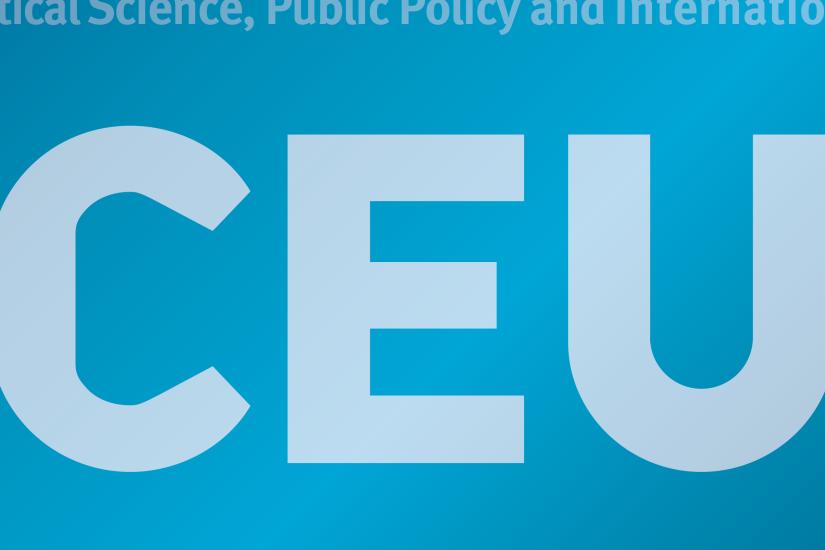
Romain Lachat – CEVIPOF, Sciences Po
Can Zengin – CEVIPOF, Sciences Po
Ákos Szegőfi – Department of Cognitive Science, Central European University
The spread of misinformation, rumors, and conspiracies on social media is a well-known phenomenon. Social media platforms have attempted various approaches to limit the spread of low-quality information, such as fact-checking, pre-bunking, and accuracy prompts. Another method could be focusing on the sources of information rather than the content itself, by providing evidence for users to trust reliable sources and be aware of those with a history of dishonest communication. Based on existing literature, we believe this method could be effective since most misinformation comes from a small group of "superspreaders." The specific strategy for communicating the trustworthiness of sources online can range from simple verification to more complex scoring systems. In our research, we aim to measure the impact of different source verification and scoring methods on user engagement, political attitudes, and the ability to discern the credibility of information through a simulated social media platform, similar to X/Facebook.